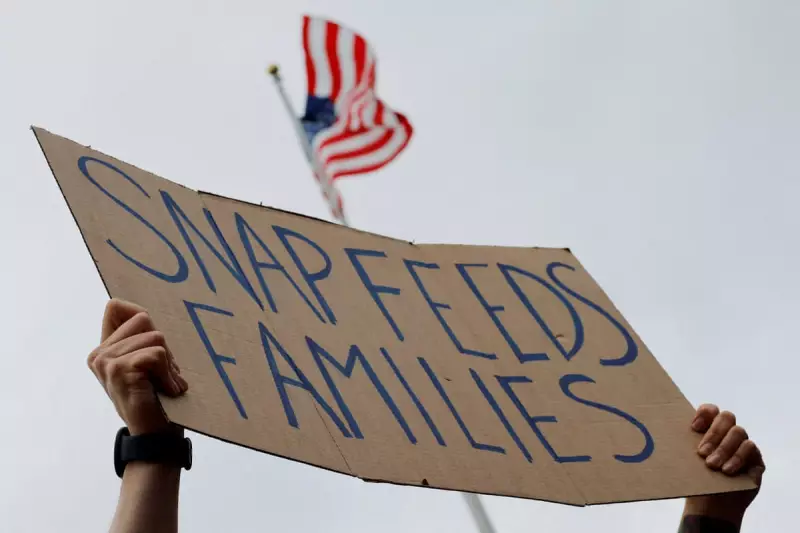
In a significant legal blow to the Trump administration, a federal judge has intervened to block the immediate suspension of the Supplemental Nutrition Assistance Programme (SNAP), safeguarding critical food aid for millions of vulnerable Americans.
Emergency Relief for Food-Insecure Families
The ruling comes as a direct response to the White House's sudden announcement that it would suspend the programme, commonly known as food stamps, without congressional approval. US District Judge Timothy Kelly issued a temporary restraining order that prevents the administration from implementing what critics described as a "draconian measure" that would have left countless families facing immediate food insecurity.
The legal challenge was brought by multiple advocacy groups who argued the suspension violated both statutory authority and procedural requirements. They contended that such a sweeping change to a vital social safety net programme required proper legislative process and could not be enacted through executive action alone.
Administration's Controversial Move Meets Judicial Resistance
The Trump administration had defended its position by citing economic pressures and what it called "programme integrity concerns." However, the judge found that the plaintiffs had demonstrated they would suffer "irreparable harm" if the suspension proceeded, and that the administration had likely overstepped its legal authority.
Legal experts suggest this ruling represents more than just a policy setback for the administration. "This is fundamentally about the separation of powers," noted constitutional law professor Eleanor Vance. "The court is reminding the executive branch that it cannot unilaterally dismantle congressionally mandated programmes."
What This Means for SNAP Recipients
- Immediate continuation of food assistance benefits
- Protection against sudden loss of nutritional support
- Legal assurance while the case proceeds through proper channels
- Temporary stability for low-income households
The restraining order provides breathing room for both recipients and programme administrators while the legal battle continues to unfold. The case now moves toward more substantial hearings where the fundamental legality of the administration's action will be thoroughly examined.
This development marks another chapter in the ongoing tension between the Trump administration and the judiciary over the limits of executive power, particularly concerning social welfare programmes that affect millions of American citizens.





